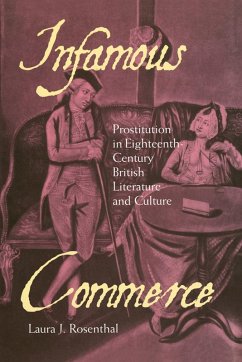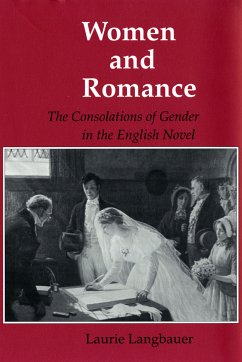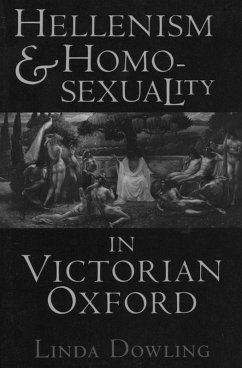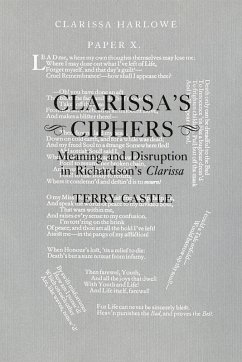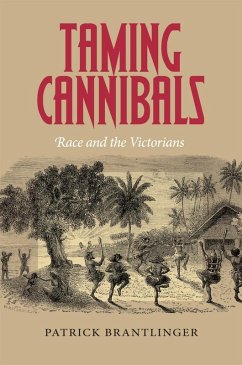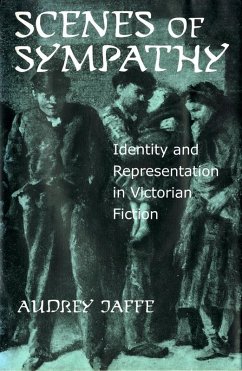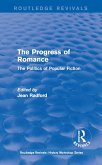Prostitute, adulteress, unmarried woman who engages in sexual relations, victim of seduction-the Victorian "fallen woman" represents a complex array of stigmatized conditions. Amanda Anderson here reconsiders the familiar figure of the fallen woman within the context of mid-Victorian debates over the nature of selfhood, gender, and agency. In richly textured readings of works by Charles Dickens, Elizabeth Gaskell, Dante Gabriel Rossetti, and Elizabeth Barrett Browning, among others, she argues that depictions of fallen women express profound cultural anxieties about the very possibility of self-control and traditional moral responsibility.
Dieser Download kann aus rechtlichen Gründen nur mit Rechnungsadresse in A, D ausgeliefert werden.



